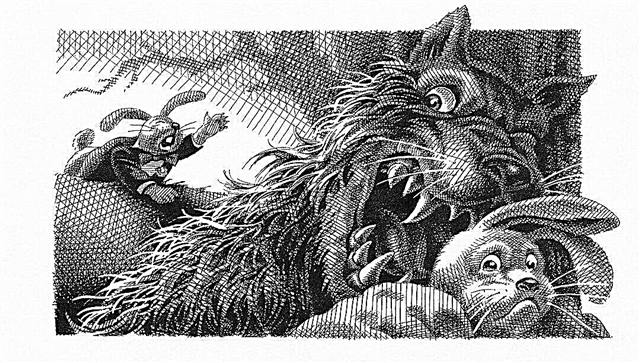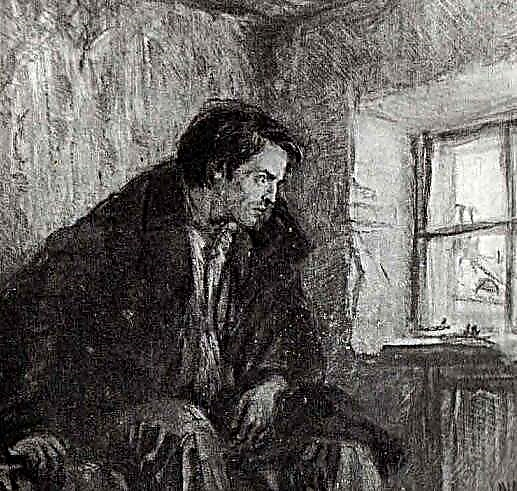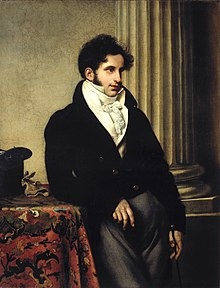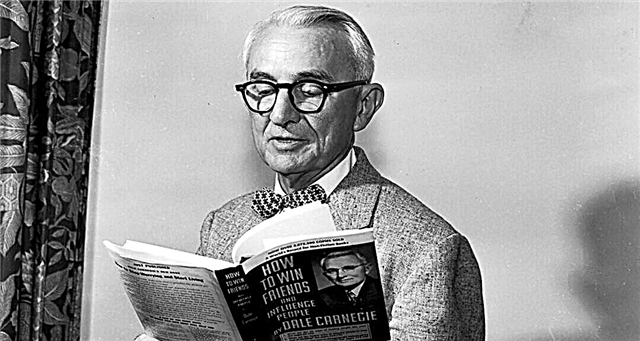(388 words) We are all used to the fact that kindness is an exceptionally positive development. Everywhere we are called to be kind to other people and even to our smaller brothers. However, is this quality always beneficial? Unfortunately no. Sometimes it harms the one who displays it, and the one to whom it is addressed. Examples of such situations can be found in domestic literature.
For example, in A. Platonov’s work “Yushka,” the hero had to endure the mocking attitude of society because he, out of kindness of his soul, could not respond with a blow to a blow. The man secretly spent almost all his money on raising an orphan, but no one in the city knew this, so the townsfolk built the most incredible guesses about the reclusive lifestyle. They did not trust the one who lived differently, and therefore each townsman considered his right to offend or offend Yushka. Even the children attacked him, and he could not do anything in return, because he was naturally a good-natured person. But those around him saw only weakness in this positive quality and used it. The result of bullying was the death of the hero. He suffered in a fight, and his poor health could not stand such violence. Unfortunately, kindness is often associated with weakness in people, so they rip off their anger on the owner of this quality, and good nature brings suffering to a person.
It happens that the characters want to do the best, but it turns out as always, and their kindness harms those whom they wanted to help. In the novel “Crime and Punishment” by F. M. Dostoevsky, Marmeladov married a widow with children to help an unhappy family left without a breadwinner. The man worked as an official, received a stable salary and could feed new households. This is, without a doubt, a good deed of a noble person. However, the hero’s life soon went downhill: he washed down, lost his job, and then poverty came. As a result, he, his own daughter, and his wife with young children suffered from hunger and disease. Sonya was forced to trade her body in order to feed a large family, Katerina Ivanovna fell ill with consumption, and it was scary to look at her children, before that they were exhausted and miserable. The kindness of Marmeladov turned into a terrible misfortune for all his close people. He simply could not stand the load that he had shouldered, and broke.
Thus, kindness sometimes harms people. Sometimes a society unleashes its anger at someone who cannot answer the same, and the owner of this quality becomes unhappy. And sometimes those who wanted to help get the terrible consequences of someone's rash nobility.







 How to solve the five main problems of the team
How to solve the five main problems of the team



